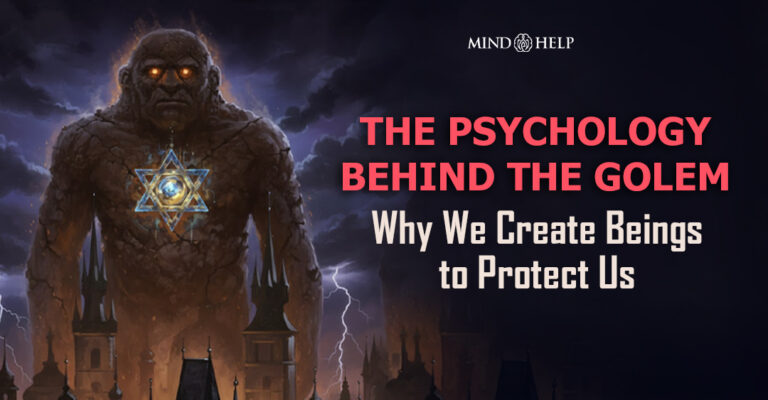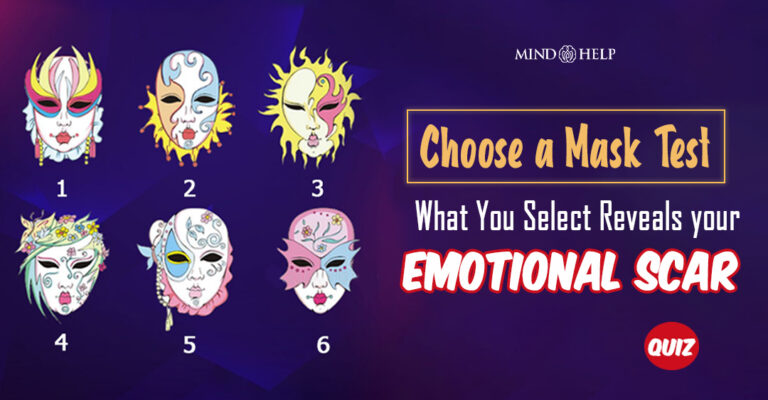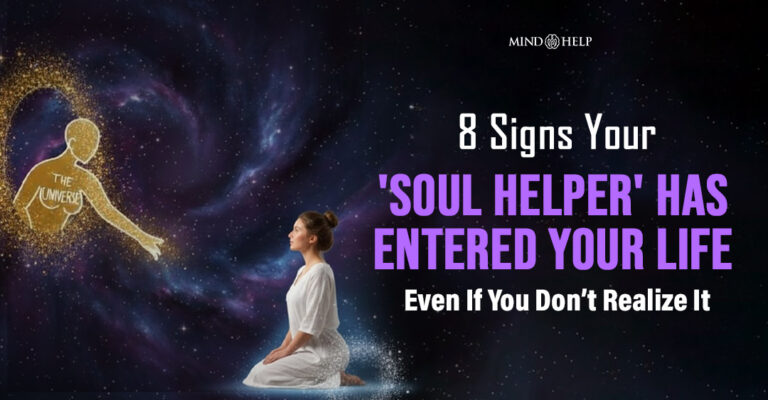It’s not surprising how scrolling has silently crept into our morning rituals. One tap and we are lost in a spiral of flawless selfies, viral reels and random opinions demanding attention. The glamour, the rush feels entertaining: until it’s not. Behind all the unrealistic filters and dopamine hits lies a deeper truth about the impact of social media on mental health.
We often fail to realise that the very social media platforms that promise connections may be unknowingly fueling comparison, anxiety and emotional exhaustion. Beneath the feed that keeps you hooked lies a growing concern: how is social media affecting mental health?
So, let’s peel back the filters and find out what actually goes on behind the screens.
Read: 9 Simple Yet Effective Ways to Rewire Your Brain for Success
The Impact of Social Media on Mental Health
Here are the 5 lasting effects social media has on mental health :
1. The Digital Dopamine Rush
That tiny spark of excitement you feel when someone likes your post or follows you back isn’t just happiness, it’s dopamine (your brain’s “I’m feeling on cloud nine!” chemical). But here’s the catch: dopamine doesn’t just make you feel good, it also keeps you on edge, making you want more.
Every random like and comment feels like a mini reward, pulling you into the vicious loop of continuous scrolling. Social media is unpredictable; you never know what’s coming next, and this mystery keeps you hooked.
Gradually, this constant chase of digital validation wears your brain down, and the highs change to lows and the silence between notifications seems louder than ever. The cycle of another check, another scroll and another hit makes you restless and mentally drained.
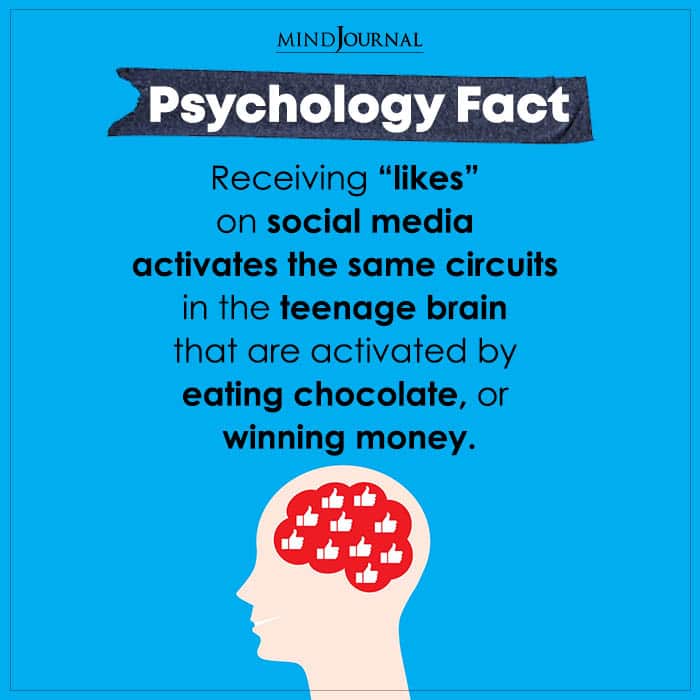
2. Comparison: The Silent Thief of Joy
Social media and stress are an age-old phenomenon. Your feed seems to be bombarded with your friends buying their dream house, going on exotic vacations, or looking flawless in the so-called “candid snapshots”. Remember, these are just Instagram highlights and not behind-the-scenes reality!
Watching everyone else live their “best life” can quietly make you question your own. Psychologists often call this the social comparison theory: the natural tendency to match your worth against others. As a result, you might develop low self-esteem, envy or an unrealistic perception towards life.
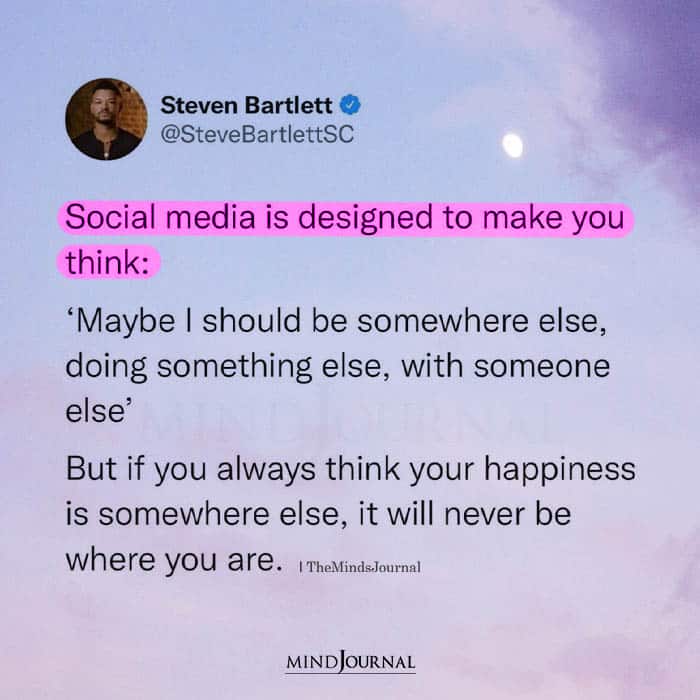
3. The Anxiety of Always Being Online
Welcome to the age of FOMO – the fear of missing out. It makes you constantly check notifications, respond instantly and scroll endlessly through random topics even when you are busy. You’re never fully “off.”
This persistent alertness tyres your brain. Stepping away from social media even for a few hours makes you feel disconnected. Over time, such habits interfere with your sleep, fuel anxiety and keep you on the edge of burnout.
It’s true that using social media in a controlled manner can help reduce loneliness and build new connections. But making it a coping mechanism can make you mentally and emotionally drained.
4. Loneliness in the Age of Connection
This is the paradox of social media: the more time we spend online, the less emotionally connected we feel in real life. In platforms with hundreds of friends and thousands of followers, genuine connections feel rare.
Let’s be real, likes and comments can’t replace real human conversations, and emojis cannot always convey real empathy. This constant virtual engagement slowly chips away at our mental resilience, making us emotionally reserved.
Read: Making New Friends As Adults: 10 Simple Ways That Actually Work
5. Body Image and the Quest for Perfection
Fueling body dissatisfaction is one of the major impacts of social media on adolescents. For them, social media shapes how they see themselves. The constant struggle of choosing filters, photo edits, and the growing influencer culture set a new standard of perfection, often impossible to achieve.
These unrealistic ideals, which often begin as harmless inspiration, quickly turn into self-criticism, comparison, and relentless pressure to perform or “look perfect.” In the long run, this constant pursuit of perfection amplifies our insecurities and quietly teaches us to measure our worth by likes, filters, and followers.
Can Social Media Be Used Mindfully?
It’s concerning how social media affects mental health, but it’s not all doom and gloom. When used intentionally, it can be a powerful tool for shifting from passive consumption to active engagement.
The secret? Mindful, purposeful use.
So the next time you engage in hours long scrolling, ask yourself:
- Am I connecting or comparing?
- Does this content inspire me or make me drained?
- Is social media interfering with my sleep and work schedule?
When used mindfully, social media can actually connect, inform and uplift you rather than drain and distract. The truth behind the screens is simple: your mental health matters more than any algorithm.

Final Thoughts : Finding Peace Amid the Social Media Noise
When algorithms start dictating your mood, self-worth, or emotions, the impact of social media on mental health becomes real and personal. If left unchecked, it can undoubtedly trigger anxiety and stress.
Therefore, make intentional engagement your weapon and choose when, why and how you interact. Actually, the truth behind the screens isn’t just about what social media does to your brain; it’s also about what you allow it to do.
Pause before you scroll. Breathe before you click. Your mental health and peace of mind shall thank you for it!
Frequently Asked Questions (FAQs)
How does social media influence mental and emotional health?
Social media shapes how we feel, think, and see ourselves. Endless scrolling fuels comparison, FOMO, and anxiety, while constant notifications keep our brains on edge. It can distort self-esteem, trigger stress, and even affect sleep. Yet, used mindfully, it connects, inspires, and informs. The key? Balance, awareness, and intentional engagement with your digital world.
What are the different types of social media addiction?
Social media addiction can take many forms. Some people endlessly scroll through feeds, while others obsess over likes, comments, and followers for validation. Constant messaging or chatting, compulsive content creation, excessive gaming or app use, and obsessively checking news or trends are other common patterns. Each type can impact mental health, fueling anxiety, stress, and a sense of dependence.
How to stop social media depression?
To stop social media depression, set clear boundaries with your screen time and take regular digital breaks. Unfollow accounts that trigger comparison and fill your feed with positive, authentic content. Focus on real-world connections, hobbies, and mindfulness. Most importantly, remind yourself that what you see online is filtered and not a reflection of your true worth or reality.


